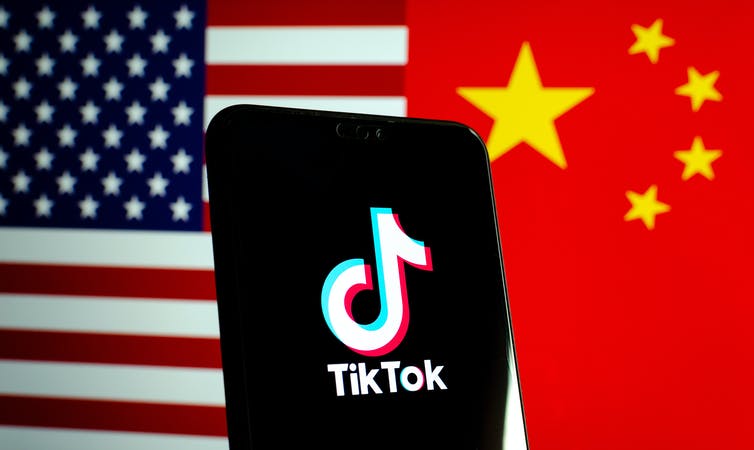
The narrative surrounding China's luxury market has been rife with talks of a slowdown. However, a recent report by DLG (Digital Luxury Group) firmly rejects this notion. “We fundamentally reject this narrative,” states Jacques Roizen, Managing Director, Consulting at DLG. The report highlights that the Chinese luxury market remains crucial and should not be deprioritized by brands. In fact, luxury spending by Chinese consumers grew by an impressive 58 per cent in 2023.
Tmall's strategic importance beyond sales
The report emphasizes the strategic role of Tmall for luxury ‘maisons’ (La maison in French means House) in China, going beyond just an e-commerce platform. Tmall is identified as the most visible consumer touchpoint globally for luxury brands, reducing the reach of physical stores and marketing campaigns. “Tmall flagship stores should not be exclusively or primarily focused on online revenue generation, as they usually are a brand's most visible consumer touchpoint in the world,” the report states.
A key focus of the DLG report is on how luxury brands can maintain and boost their brand image on Tmall. It highlights that a Tmall flagship store offers a unique opportunity to showcase brand universes and connect with a new audience, even influencing offline purchases as 80 per cent of offline luxury customers consult Tmall before buying in-store.
The report showcases examples of luxury brands like Chanel and Hermès, which have successfully leveraged Tmall to boost their brand presentation. These brands prioritize brand storytelling, maintain consistency with their global marketing, and avoid discounts or promotional livestreams.
Take Chanel and Hermès for example, both prominently feature their brand story on their homepage and product detail pages, with links to comprehensive brand introductions. The Tmall flagship stores of these brands align with their global marketing campaigns and offline stores. Chanel and Hermès prioritize elevated storytelling over immediate online transaction benefits. These brands also are among the few luxury maisons that abstain from platform promotions and discounts. And they avoid discount-focused livestreams, recognizing the potential harm to brand equity
Profits and performance marketing
The DLG report also delves into the profitability of Tmall compared to emerging platforms like Douyin/TikTok. While Douyin has seen growth, the report suggests that it often comes at a cost to profitability for global brands. Tmall, on the other hand, offers sustainable revenue and the opportunity for elevated brand introductions.
For example, Tmall delivers 20-45 per cent operating profit margins, while Douyin often struggles to exceed 20 per cent. Tmall has a medium average transaction value, whereas Douyin's livestreams focus on impulse purchases and discounts, leading to very low average ticket values. Moreover, Tmall has medium return and cancellation rates, while Douyin sees higher-than-average return rates due to impulse purchases. And Tmall requires a performance marketing investment of 15-25 per cent of net revenue, compared to Douyin's cost of traffic, which can approach 40 per cent of net revenue.
Furthermore, the DLG report underscores the importance of Customer Relationship Management (CRM) and data integration for luxury brands in China. Tmall's CRM capabilities enable brands to offer exclusive benefits to members and integrate Tmall data with their broader CRM and social media ecosystems. Thus the report advises luxury brands to exercise caution with promotions and discounts, as these can negatively impact brand equity. While some strategies like free samples and installments are acceptable, seasonal discounts, discount-focused livestreams, and excessive free samples should be avoided.
The DLG report advocates for a fundamental reconsideration of Tmall's role in luxury brands' China strategy. It argues that Tmall should be viewed as a critical brand-building platform and customer acquisition engine, not just a sales channel. By leveraging Tmall, focusing on brand storytelling, optimizing performance marketing, and integrating CRM, luxury maisons can unlock their full potential in the Chinese market.











